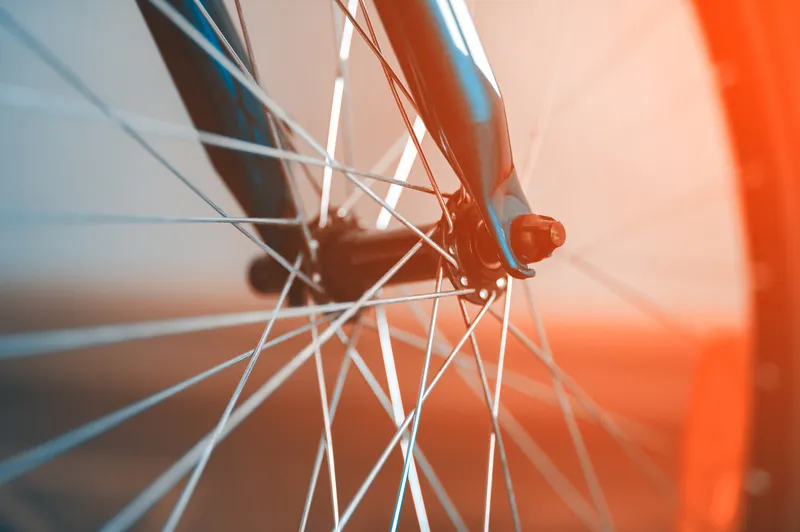Following a request from New York City Councilman Ydanis Rodriguez to measure the impact of Car Free Day NYC held in April, Cubic Transportation Systems (CTS) and Mastercard have now published their report about transportation demand and retail impact assessment resulting from the initiative.
Rodriguez organised the initiative with a strong coalition of local support towards the goal of reducing single-occupancy vehicle use and stimulating dialogue around environmental issues.
The assessment leveraged
November 17, 2016
Read time: 2 mins
Following a request from New York City Councilman Ydanis Rodriguez to measure the impact of Car Free Day NYC held in April, 378 Cubic Transportation Systems (CTS) and 1756 Mastercard have now published their report about transportation demand and retail impact assessment resulting from the initiative.
Rodriguez organised the initiative with a strong coalition of local support towards the goal of reducing single-occupancy vehicle use and stimulating dialogue around environmental issues.
The assessment leveraged the Urbanomics Mobility Project, a Cubic-Mastercard co-developed data analysis toolset for fuelling smarter and more inclusive cities, based on public transportation data and insights derived from anonymised and aggregated transaction data.
Specific objectives of Councilman Rodriguez’s request included measuring changes in public transportation demand, traveller spend behaviour around car-free zones and the impact of redistributed traffic on business areas in proximity to car-free zones.
The one-day event resulted in an increase of more than 30,000 passengers than the season’s daily average on the MTA subway, while public data for other services like bike share also showed a statistically significant increase in usage.
For retail stores, there were no significant adverse effects on commercial activity in the surrounding areas, despite road closures created to facilitate and support the spirit of the event.
Rodriguez organised the initiative with a strong coalition of local support towards the goal of reducing single-occupancy vehicle use and stimulating dialogue around environmental issues.
The assessment leveraged the Urbanomics Mobility Project, a Cubic-Mastercard co-developed data analysis toolset for fuelling smarter and more inclusive cities, based on public transportation data and insights derived from anonymised and aggregated transaction data.
Specific objectives of Councilman Rodriguez’s request included measuring changes in public transportation demand, traveller spend behaviour around car-free zones and the impact of redistributed traffic on business areas in proximity to car-free zones.
The one-day event resulted in an increase of more than 30,000 passengers than the season’s daily average on the MTA subway, while public data for other services like bike share also showed a statistically significant increase in usage.
For retail stores, there were no significant adverse effects on commercial activity in the surrounding areas, despite road closures created to facilitate and support the spirit of the event.








